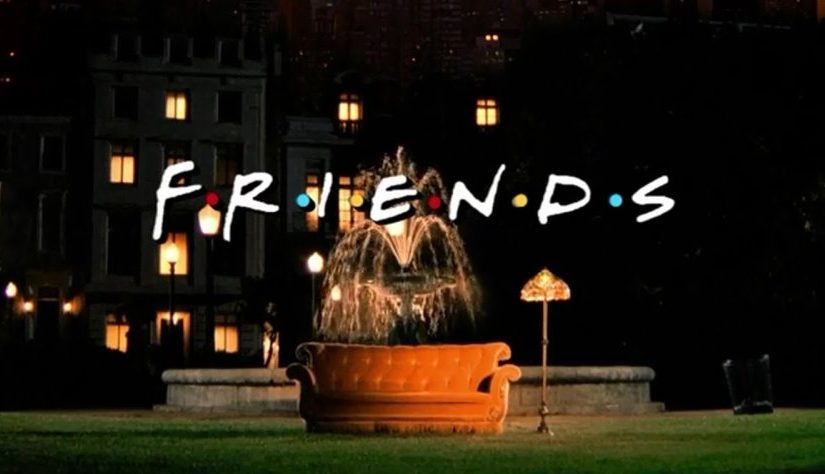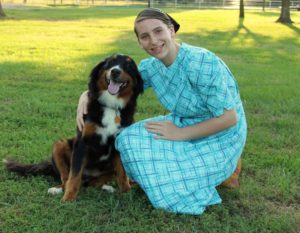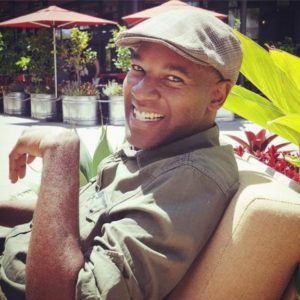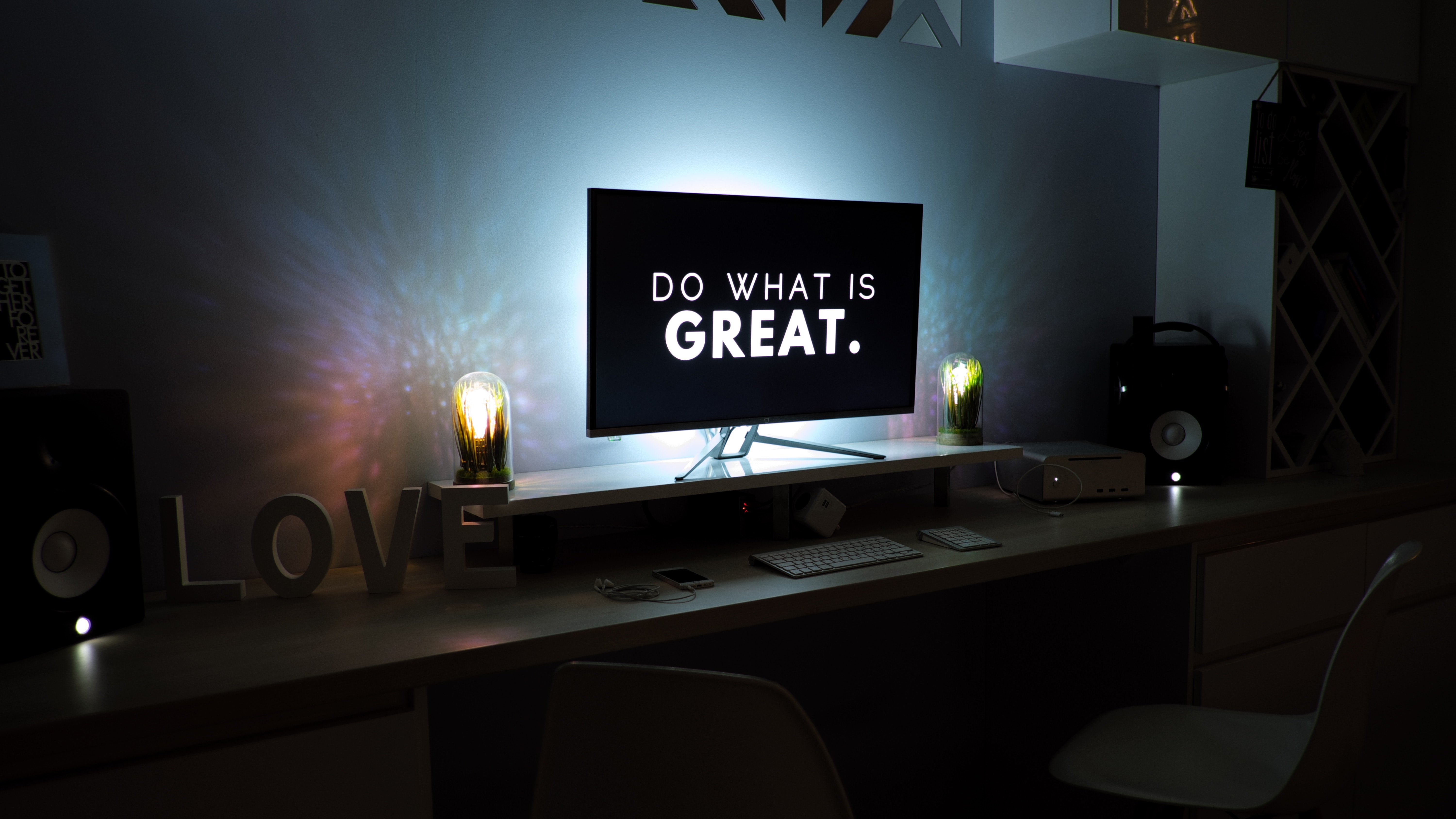I’m a born optimist. But it seems like sometimes life LOVES to test just how far that optimism goes.
Before we get to the story, there are a few pieces of information you need to know.
- I set off on a nomadic journey at the beginning of this year, starting in New Mexico.
- I planned to go snowboarding in Taos as part of the experience.
- My vehicle at this point is an ’04 Mercedes CLK 500.
Capeesh?
So on January 8, I pack my little car and head to Ruidoso, New Mexico.
I loved my time there. It was a little mountain town with an eclectic, undiscovered style.
And it was 45 minutes away from White Sands National Park, where I watched 4 sunsets and went sledding on the sand dunes.
After Ruidoso came a little detour to Truth or Consequences, the hot springs town and apparently a legend in true crime history. (Ask me about the serial killer story later.)
In TorC, I had an AirBnB with a large stock tank as a hot tub. The water came straight out of the mineral hot spring at 106 degrees Fahrenheit. Great time.
Then I headed to Taos, where this story actually starts.
I was there with 4 friends who have been snowboarding or skiing for most of their lives.
So naturally, I wanted to keep up with them.
Long story short, I fractured my distal radius on day 2.
I want to tell you it was on the double black slope in a heroic attempt to “just do it”…
But it happened during a lesson…
ON THE BUNNY HILL.
I blame the ice.
Anyway, here’s me in a splint the day after the break.
Don’t worry, that’s just Act I.
I stayed in Taos for a week so I could heal a bit before driving 22hours home to see a surgeon.
Exactly a week afterward, I packed everything back into my car with one arm and the help of my friends…
And started driving down the mountains like the road warrior I am.
I should add that my RIGHT wrist broke, so I’m doing everything with my non-dominant hand/ arm.
Sooooo anywho, 2.5 hours down the road ALL the warning lights, sounds, and whatnot start going off in the car.
And I lost power steering.
IN THE MIDDLE OF NOWHERE NEW MEXICO.
I was 2.5 hours east of Santa Fe and 3 hours out of Amarillo. The closest town was a tiny place called Santa Rosa—in the 6th percentile for safety compared to all US cities.
So I cranked that steering wheel as hard as a woman with one non-dominant arm can, and pulled into a tiny gas station 5 miles outside the town.
Called AAA.
An hour later (systems were down at AAA for awhile, ironically) a tow truck shows up, and some guy named Anthony comes up and introduces himself.
I’m in no trusting mood, so when he offers to take me to a DIFFERENT mechanic shop than the one I had asked for, I was naturally suspicious.
But I looked it up, and it seemed legit.
(Plus, it’s hard to be picky with who you trust when you’re completely alone in New Mexico with a broken-down vehicle.)
So we went to the mechanic shop he suggested… which happened to be owned by his family.
They were respectful to each other and treated their employees well, so I started to relax.
The parts for my car would take 2 weeks to get there. (foreign vehicle problems)
I didn’t have 2 weeks.
I needed to be at that surgeon’s office at 8 o’clock sharp on Tuesday morning. (It’s Friday afternoon by now.)
And then I started calculating the costs for repair.
Labor…
Towing the car back to Florida 20 hours away…
Expensive Mercedes parts…
NOT worth it for a vehicle made in 2004.
So I ventured to ask if anyone at the shop would be open to buying the vehicle from me.
Sure enough, Anthony jumped on the offer.
He’s got a ’71 Volkswagen Beetle that he’s putting that CLK 500 engine into.
A beetle with 300 horsepower?! Sick.
So I decided this would be the proper way to say “goodbye” to my little car of 4 years.
Now I’m stranded in the middle of Santa Rosa, NM (6th percentile for safety) with NO car.
I called CarMax and worked out a deal with the dealership in Santa Fe.
Anthony drove me 2 hours to Santa Fe free of charge (God bless the man).
And by 7:30 that night, I became the owner of a 2017 Toyota Rav4.
Surreal picture documenting the experience here:
David, the salesman who worked out all the paperwork for me, asked “So, are you excited about your new ride?”
I just smiled and said, “In all honesty, I just want a bed.”
So long story short, I spent the night in Santa Fe, drove for 18 hours the next day, and finished out the trip on Sunday morning.
And that’s the story of how I impulse bought a Rav4 in New Mexico.
P.S. A few things I’m thankful for:
- I didn’t need surgery!
- I got home safely.
- I now know I can take on anything life throws at me.
- I have a car with FANTASTIC gas mileage (great timing lol).







